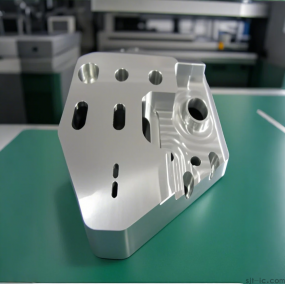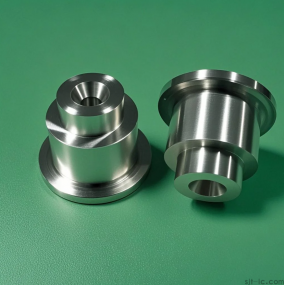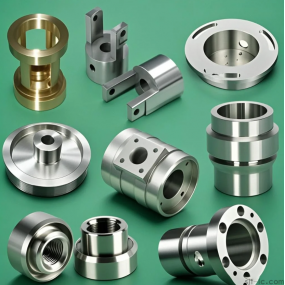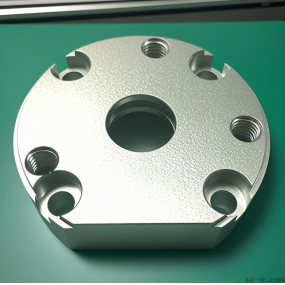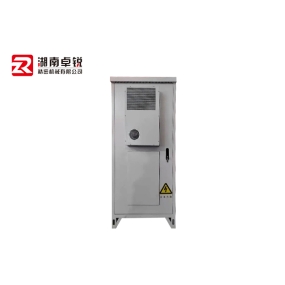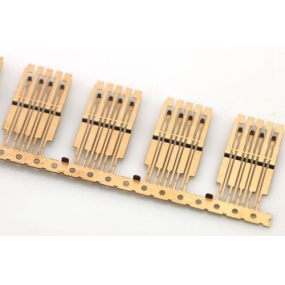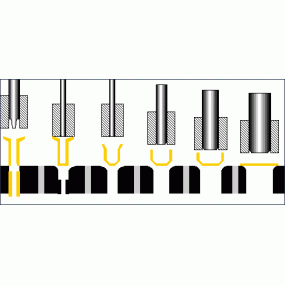Many existing hardware components are applied to electronic product structures, such as square shell battery sealing aluminum nails. These precision stamped hardware components are widely used in daily life, with high precision requirements and strict appearance requirements. Therefore, large-scale production solutions are often preferred. Because the aluminum nails used for sealing square shell batteries are small in size and lightweight, they can save material and production costs.
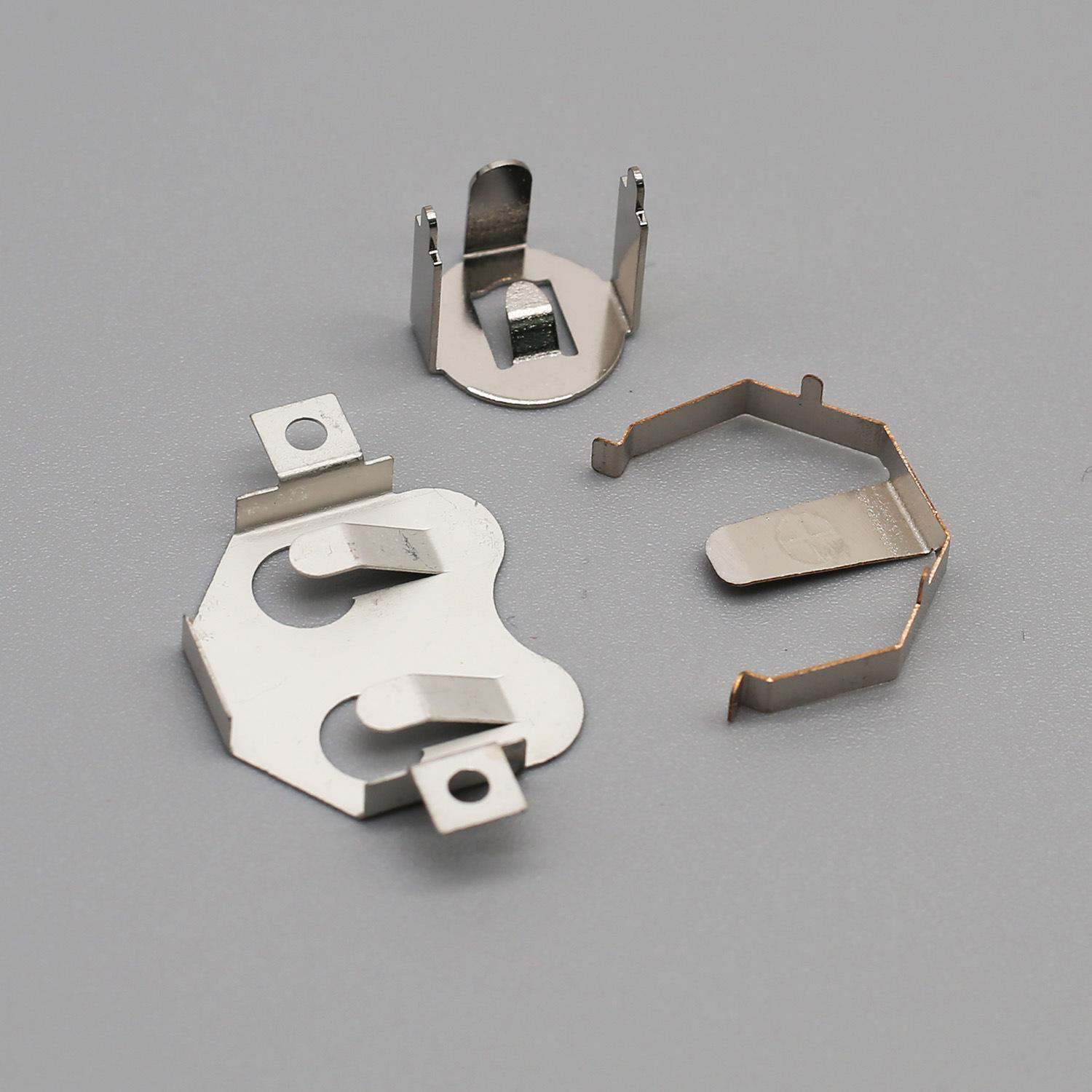
Precision Metal Stamping materials have a wide range, mainly including non-ferrous metals such as carbon steel, alloy steel, stainless steel, and plastics. The main points of its mold processing are as follows: (1) the thickness tolerance of the sheet metal and the dimensional tolerance of the punched part are relatively small during punching; (2) The surface of precision metal stamping and cutting parts is smooth; (3) Due to accurate blank dimensions and high material utilization, zero waste can be achieved; (4) The dimensional accuracy, shape accuracy, and surface quality of the punched parts are high, and the interchangeability is good; (5) The punching mold has a complex structure and moderate manufacturing cost.
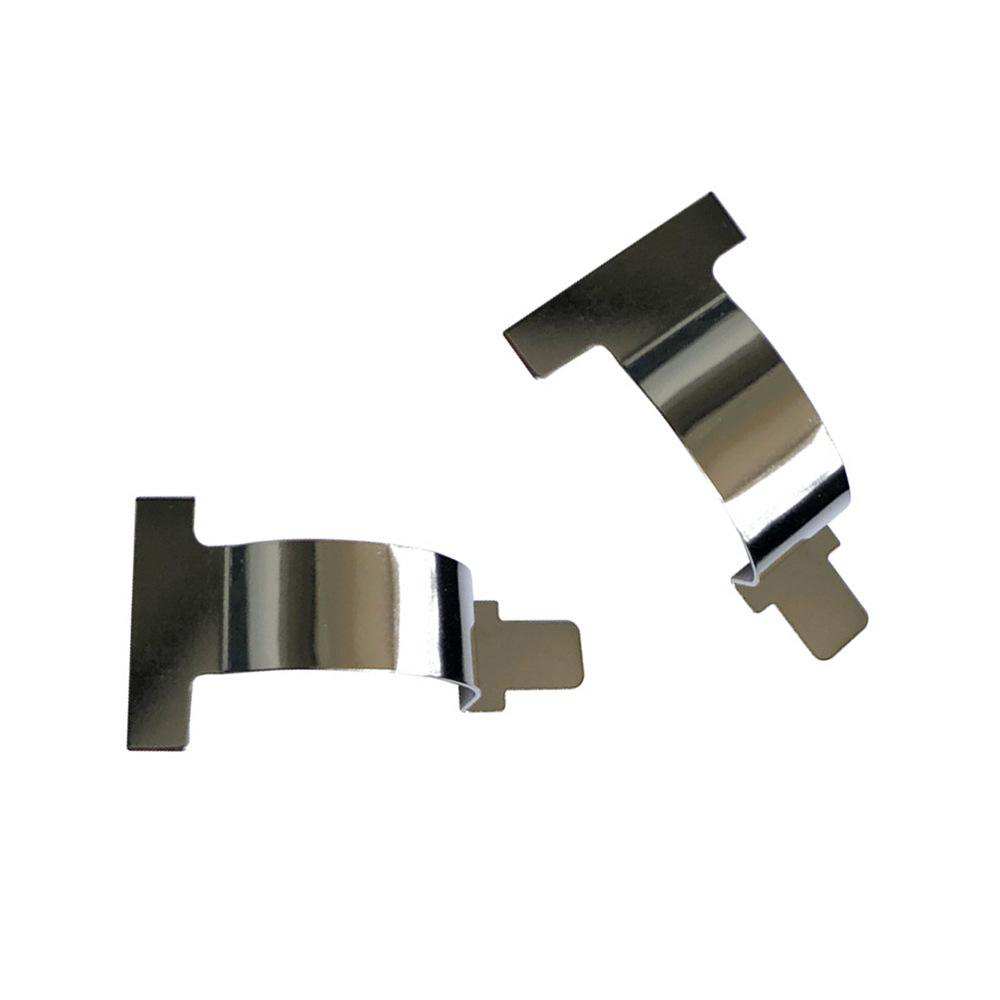
However, generally speaking, low-carbon steel has good stamping performance, while stainless steel has poor stamping performance. The stamping performance of non-ferrous metals is between the two, with plastic having poor stamping performance.
Although there may be some common defects during the stamping process of precision hardware parts, such as size deviation and increased scrap rate. But when processing and producing hardware such as aluminum nails for sealing square shell batteries, precision is generally required to be qualified, and the quality requirements for cutting parts are also high. The accuracy of their size and shape is also guaranteed. Therefore, when producing lightweight hardware such as aluminum nails for sealing square shell batteries, batch production is preferred to reduce the scrap rate.


 Spanish
Spanish Arabic
Arabic French
French Portuguese
Portuguese Belarusian
Belarusian Japanese
Japanese Russian
Russian Malay
Malay Icelandic
Icelandic Bulgarian
Bulgarian Azerbaijani
Azerbaijani Estonian
Estonian Irish
Irish Polish
Polish Persian
Persian Boolean
Boolean Danish
Danish German
German Filipino
Filipino Finnish
Finnish Korean
Korean Dutch
Dutch Galician
Galician Catalan
Catalan Czech
Czech Croatian
Croatian Latin
Latin Latvian
Latvian Romanian
Romanian Maltese
Maltese Macedonian
Macedonian Norwegian
Norwegian Swedish
Swedish Serbian
Serbian Slovak
Slovak Slovenian
Slovenian Swahili
Swahili Thai
Thai Turkish
Turkish Welsh
Welsh Urdu
Urdu Ukrainian
Ukrainian Greek
Greek Hungarian
Hungarian Italian
Italian Yiddish
Yiddish Indonesian
Indonesian Vietnamese
Vietnamese Haitian Creole
Haitian Creole Spanish Basque
Spanish Basque

